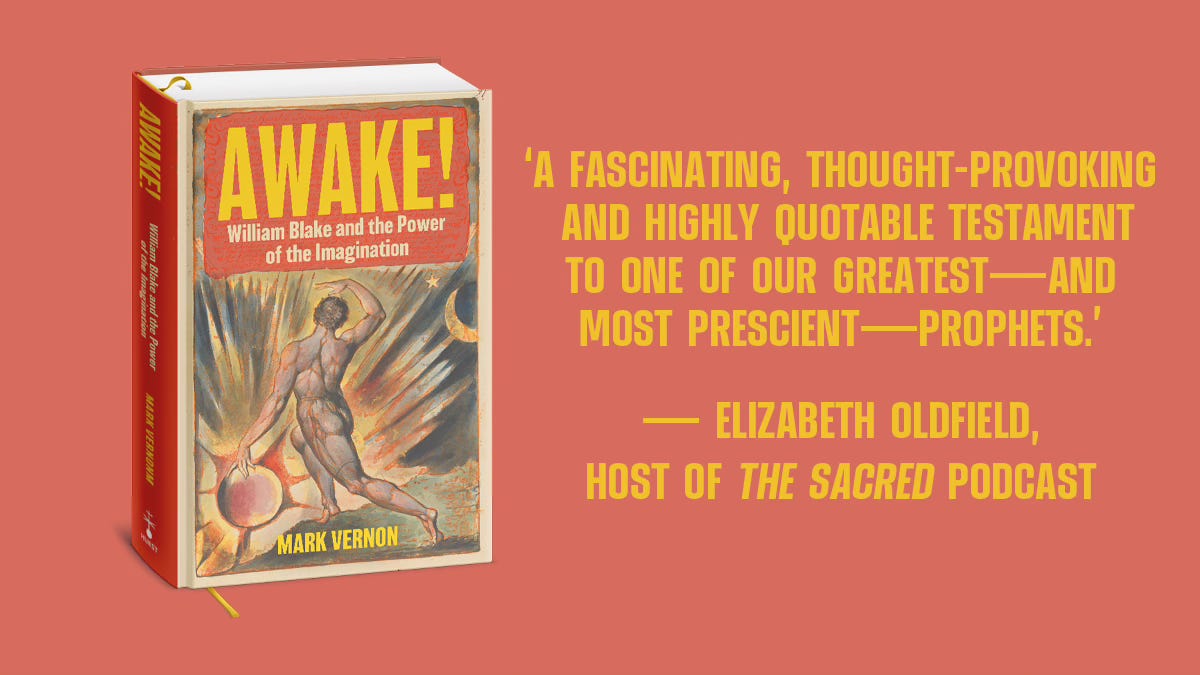
A new talk at my YouTube channel.
“Why is the Bible more Entertaining & Instructive than any other book?” William Blake asked in a letter. His answer is that this text, along with some others, is not a work of history or record, theological analysis or moral teaching, but inspiration. He continues: “Is it not because they [he has all inspired texts in mind] are addressed to the Imagination, which is Spiritual Sensation, & but mediately to the Understanding or Reason? “
As he puts it in another place: “The Hebrew Bible & the Gospel of Jesus are not Allegory, but Eternal Vision or Imagination of All that Exists .”
In this talk, delivered to a seminar at Virginia Theological Seminary, Mark Vernon explores Blake’s attitude towards the bible and unpacks how he depicted a series of gospel scenes including the woman caught in adultery, the entry into Jerusalem, the crucifixion and the resurrection.
Each in their own way present Blake’s central conviction about Christianity and the significance of Jesus – a mystical reading: namely that God becomes as we are, that we may be as he is, and that in Jesus, human beings can see that they, too, share in the human form divine.






I have just begun to listen to your YouTube talk. Imagination can be true and false. Not everything imagined is imaginary. Not all we imagine is true.
Mark, how does Blake distinguish imagination from fiction or fantasy in his reading of the Bible, or is he only interested in, ‘spiritual sensation’ (which sounds ambiguous)? Did Blake have a faith? Why were imagination and the Bible Blake’s subjects of interest for art and literature?
I like how Blake thinks. A mystical reading that is imaginative. I like Ignatian spirituality as one is invited to imagine oneself in the biblical scene in question and visualize it. This seems somewhat akin to Blake (though I doubt he was an admirer of Ignatius Loyola). Am I understanding this Mark or am I far afield?